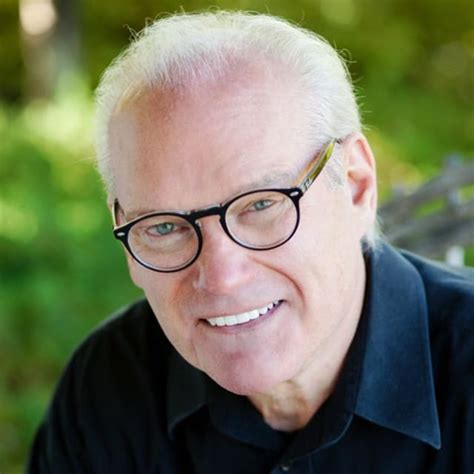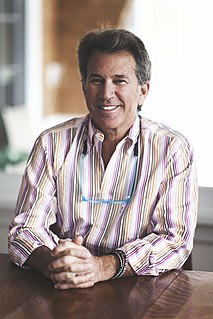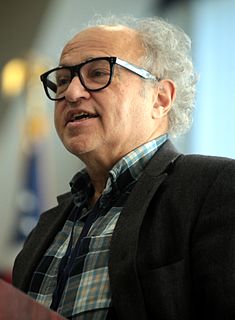A Quote by James Salter
In the war time many of the publishing houses were privately owned, a single publisher or a publisher and a few associates who were responsible for everything. They could take whatever risks they wanted, could essentially publish what they liked according to their taste. Publishers today are working for big corporations. They have different pressures. I don't think they can make decisions quite as independently as they used to be able to. They have more corporate and financial responsibilities weighing on them. They're not free to go broke or go to jail.
Quote Topics
Able
According
Associates
Big
Big Corporations
Broke
Corporate
Corporations
Could
Decisions
Different
Essentially
Everything
Few
Financial
Free
Go
Houses
Independently
Jail
Liked
Make
Many
More
Owned
Pressures
Privately
Publish
Publisher
Publishers
Publishing
Publishing House
Quite
Responsibilities
Responsible
Risks
Single
Take
Taste
Them
Think
Time
Today
Used
Used To Be
Wanted
War
War Time
Weighing
Were
Whatever
Working
Related Quotes
In the '60s and '70s it was a great period for American films because studios were still run by individuals who worked off the seat of their pants and went along with things. At that time, they were very uncertain about what to make because of the influence of television. A lot of really terrific movies were made. But then the studios gradually became more corporate and were owned by corporations and run in that way and now they're very nervous. You see what they make - sequels, franchises and try not to take risks.
To aspiring writers, I would tell them that we live in a wonderful time where you're able to make your work visible, easily. If you think about it, even ten years ago or twenty years ago, there was a middle man, there was a publisher, there were studios, there was this world of rejection letters. Now, we're in a place where we have the technology and the ability to go shoot our own movies or to put stuff on YouTube or a blog, if you're a writer, or self-publish.
I think that today, more so than ever, corporate responsibility is the best strategic as well as financial path that most businesses can follow. For most businesses there are both compelling reasons to be responsible and compelling statistics that validate that responsible businesses do better according to traditional financial metrics. Of course, how you define "responsible" is somewhat of a conundrum.
I was drafted by the New Orleans Saints, and quite frankly, I got worn out playing football. I got tired of it. With wrestling, there were so many variables that could go with it, so many directions you could go. Every night, it was different. Every night. It was a different town 7 nights a week and twice on Sunday.
The great problem with corporate capitalism is that publicly owned companies have short time horizons. Unlike a privately owned business, the top executives of a publicly owned corporation generally come to their positions late in life. Consequently, they have a few years in which to make their fortune.






































